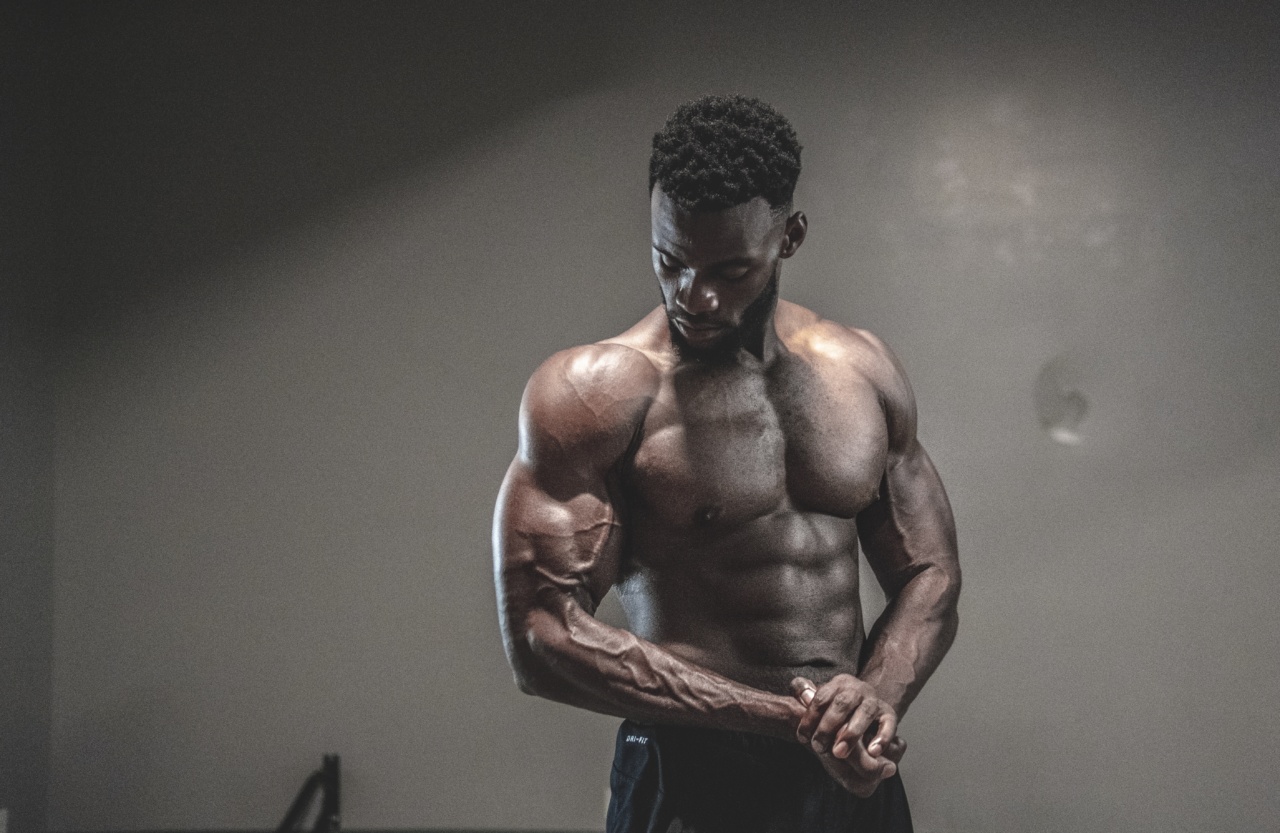Headaches are a common ailment that many people experience at some point in their lives. While there can be various causes of headaches, one often overlooked factor is the role of muscles in triggering and exacerbating this discomfort.
Understanding how your body’s muscles can cause headaches can help you find effective ways to manage and prevent them.
1. Tension Headaches and Muscle Tightness
Tension headaches are the most prevalent type of headache, often described as a tight band around the head. These headaches can be caused by muscle tightness in the neck, scalp, and shoulder regions.
Prolonged activities like sitting at a desk for long hours or repetitive motions can strain these muscles, leading to tension headaches.
2. Trigger Points and Referred Pain
Trigger points are hyperirritable knots within a muscle that can cause pain. When these trigger points develop in certain muscles, they can refer pain to other areas, including the head.
For example, trigger points in the upper back or neck muscles can radiate pain to the head, resulting in headaches.
3. Neck and Shoulder Muscles
The muscles in the neck and shoulders are particularly prone to causing headaches. Poor posture, stress, and sedentary lifestyles can contribute to muscle imbalances and tension in these areas, leading to headaches.
It’s essential to prioritize proper posture and relaxation techniques to prevent muscle-related headaches.
4. Jaw Clenching and TMJ Headaches
Jaw clenching, especially during sleep, can put significant strain on the muscles of the jaw. This strain can lead to TMJ (temporomandibular joint) headaches, which are characterized by pain in the jaw joint, temples, and even the ears.
Managing stress and wearing a nightguard can help alleviate these muscle-induced headaches.
5. Eye and Facial Muscles
The muscles around the eyes and face, including the temples, forehead, and cheeks, can also contribute to headaches. Eye strain from excessive screen time, squinting, or prolonged concentration can cause these muscles to tighten, resulting in headaches.
Regular breaks, proper lighting, and wearing corrective lenses if needed can help reduce eye strain headaches.
6. Scalp and Neck Muscle Tension
Intense stress and anxiety can cause subconscious muscle tension in the scalp and neck, leading to tension headaches.
It’s crucial to find healthy ways to manage stress, such as practicing relaxation techniques, exercising regularly, and seeking support when needed, to prevent these types of headaches.
7. Posture-Related Headaches
Poor posture, such as slouching or hunching over, can strain the muscles in the neck, shoulders, and upper back. This strain can cause muscle imbalances, leading to tension and headaches.
Maintaining proper posture and incorporating exercises to strengthen the core and back muscles can help alleviate these posture-related headaches.
8. Sports Injuries and Headaches
Participating in sports or physical activities can increase the risk of muscle-related headaches due to injury or overexertion. Whiplash injuries, direct blows to the head, or strained neck muscles can all contribute to headaches.
Prioritizing proper warm-up routines, using appropriate protective gear, and gradually increasing intensity can help prevent sports-related headaches.
9. Migraines and Muscles
Migraines are severe headaches that often accompany other symptoms like sensitivity to light and sound, nausea, and visual disturbances.
While the exact cause of migraines is still unclear, it is believed that muscle tension and trigger points may play a role in triggering migraines or increasing their intensity. Managing muscle tension through relaxation techniques and stress reduction might help reduce the frequency and severity of migraines.
10. Stress Management and Overall Well-being
Stress is a significant contributor to muscle tension and headaches.
Incorporating stress management techniques like exercise, mindfulness meditation, and relaxation exercises into your routine can help reduce overall muscle tension and prevent muscle-induced headaches. Taking care of your overall well-being by getting enough sleep, maintaining a healthy diet, and staying hydrated is also crucial in managing headaches.






























